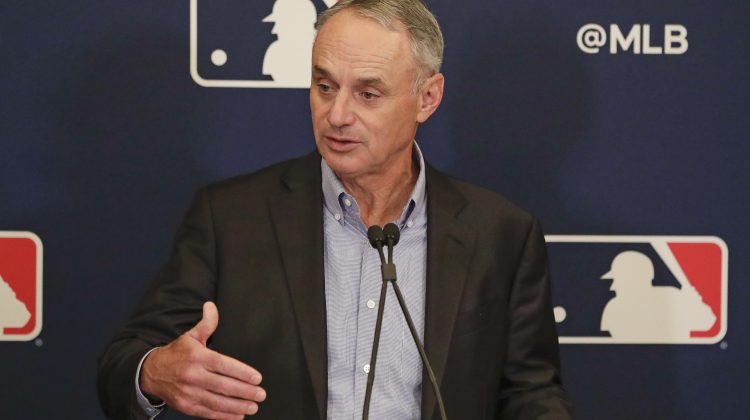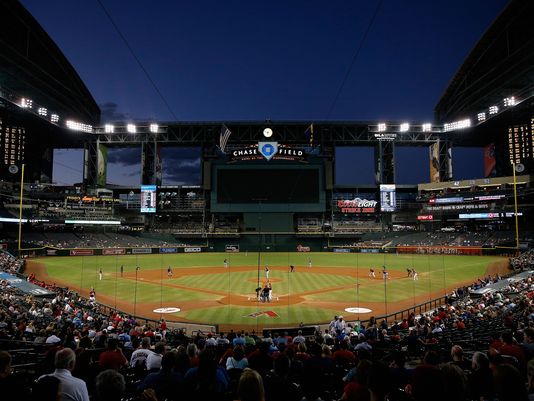The COVID-19 pandemic has not only brought uncertainly on all fronts across our country but has also opened Pandora’s box when it comes to re-starting, or in Major League Baseball’s case, starting the regular season.
For MLB it appears we’re headed for a stare down between the players and owners on the details of ironing out a concrete plan for the season moving forward.
Will there be baseball this season, in any capacity, as we approach mid-May?
“I will put the odds at about 25-30% that we will have baseball this year,” ESPN MLB Insider Pedro Gomez said to Sports360AZ.com’s Brad Cesmat via Skype Tuesday morning. “This may be a lot of posturing right now going on and this may be the early set of getting ready for the next collective bargaining agreement which is due after the 2021 season.”
As one observer in the industry predicted: If owners and union attempt to work out their differences over money in a public debate of leaks and counterattacks, the chances for a detente will evaporate and both sides will lose on many levels. And here we are.
— Buster Olney (@Buster_ESPN) May 11, 2020
Gomez believes the owners are pushing a 50-50 revenue sharing concept on the players. In turn, the players want to be paid for every game they play – especially if the season is shortened to 82 games as was proposed on Monday.
Other key parts of the proposal include the playoffs having 14 teams, not 10 like last year. Both leagues would incorporate a universal designated hitter and have a 30-man roster with a taxi squad of around 50 players available.
“I want to be clear,” Gomez explained. “This isn’t just about money, it’s about getting 19 different municipalities…which means 19 different [state] offices have to sign off on this – mayors, governors.”
The highly respected reporter believes MLB could work this year if games are played in three states and three states only: Arizona, Texas and Florida – with 10 teams in each state.
MLB would prefer to play in as many home stadiums as possible but Gomez believes, in this case, less is more when it comes to protecting the players, coaches, staff members and fans against the COVID-19 virus.
Potential potholes for the owners and players would be owners asking for more than a 50-50 split to cover revenue lost from ticket sales, parking, concessions, etc.
“It always comes down to a [public relations] battle when it comes to these negotiations,” Gomez said. “The reality is we have seen these negotiations for decades…we know that players tend to lose the PR battle.”
Only time will tell.


